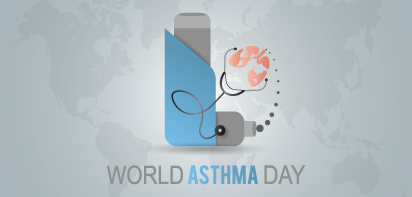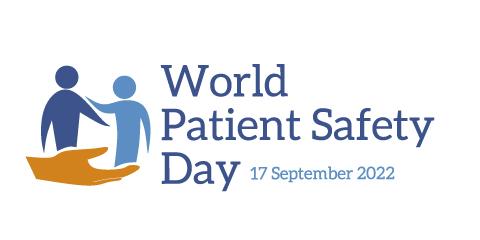
World Heart Day
Introduction:
The world celebrates World Heart Day on the 29th of September every year; as it aims to raise public awareness to reduce the risks associated with cardiovascular diseases and allow members of society to make positive changes in their lives that help maintain their health and vitality.
Heart disease is a broad term used to describe a range of diseases that affect the heart and blood vessels. These diseases vary according to how they occur; some of which are caused by a blockage in blood vessels, leading to a heart attack, angina or stroke, while some affect the heart muscle, such as congestive heart failure.
Some types of heart diseases:
- Arteriosclerosis
- Coronary artery disease.
- Angina.
- Heart attack.
- Myocardial infarction.
- Cardiomyopathy.
- Myocarditis.
- Congestive heart failure.
- Heart failure.
- Arrhythmias.
- Stroke.
Causes:
The causes of heart diseases differ depending on the type of it.
Symptoms:
The symptoms of heart diseases differ depending on the type of it. For example:
Cardiovascular diseases:
- Chest pain.
- Severe shortness of breath.
- Cold limbs.
- Weakness and fatigue.
Irregular heartbeat:
- Palpitations or slow heart rate.
- Chest pain.
- Shortness of breath.
- Dizziness.
Enlarged heart:
- Shortness of breath, whether with or without effort.
- Leg and foot swelling.
- Fatigue.
Myocarditis:
- High temperature.
- Breathing difficulty.
- Stress.
- Rash.
Symptoms of heart attack or stroke:
- Discomfort or pain in the center of the chest, between the breasts or behind the breastbone.
- This discomfort can spread to other areas, such as back, neck, jaw, or stomach.
- Shortness of breath.
- Fatigue, anxiety, tension, indigestion, nausea or vomiting.
- Sudden weakness of the arm, face, or leg, often one side of the body.
- Sudden trouble in walking, dizziness, loss of balance.
- Severe headache with no known cause.
Warning:
If you experience such symptoms rush to the Emergency Room to avoid complications.
Heart disease risk factors:
- Age.
- Sex; Men are also much more prone to heart problems than women.
- Family medical history.
- Smoking.
- Diet rich in salt and/or saturated fat.
- High blood pressure.
- Diabetes.
- High cholesterol.
- Obesity.
- Lack of physical activity.
- Nervous tension.
- Diagnosis.
- Blood tests.
- Chest X-ray.
- Electrocardiogram (ECG).
- Echocardiogram.
- Cardiac catheterization.
- Myocardial biopsy.
- Computed tomography (CT scan) of the heart.
- Magnetic resonance imaging (MRI)
Treatment:
Heart disease treatment depends on the type of the disease and its causes. Generally the treatment plan includes:
- A better way of life for patients.
- Medications according to the type of disease.
- Surgical intervention, if necessary.
Prevention:
Heart diseases are preventable by improving lifestyle;
- Quitting smoking.
- Controlling blood pressure.
- Controlling diabetes.
- Following-up with cholesterol levels.
- Maintaining an ideal weight.
- Eating healthy.
- Exercising.
- Keeping tensions away.




